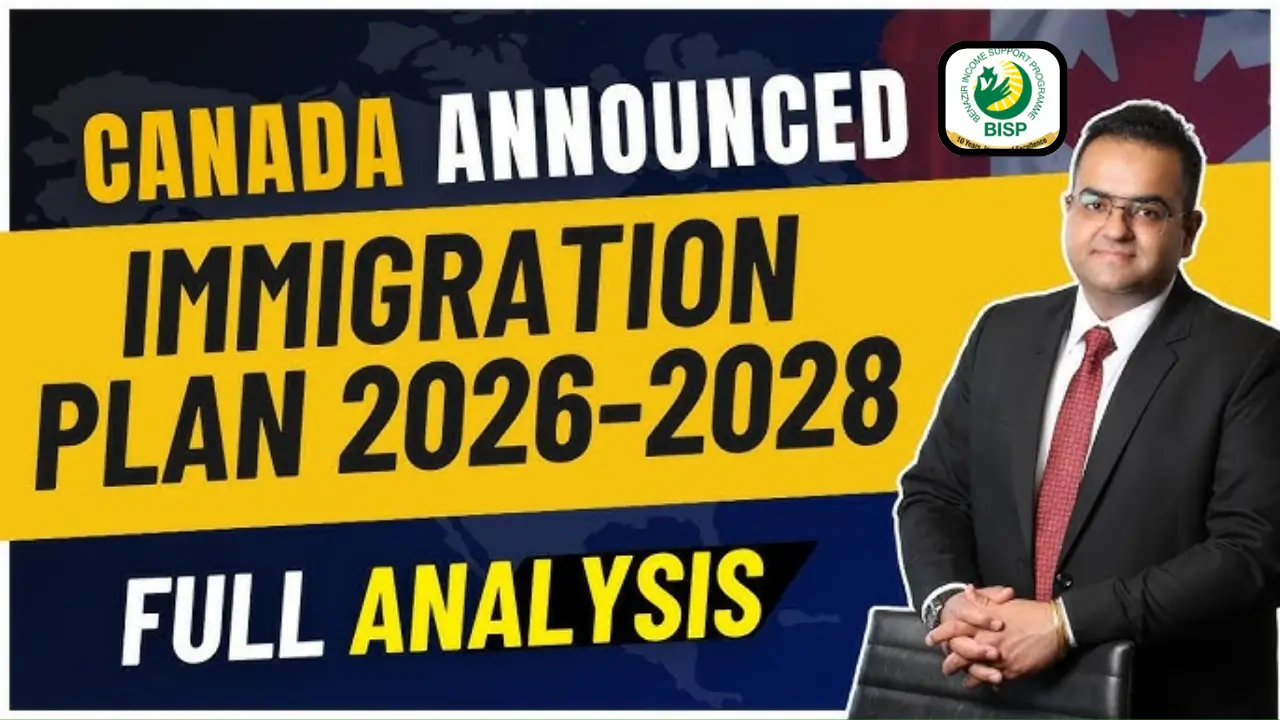Canada Immigration Plan 2026–2028 Prioritizes Graduate Researchers and Skilled Talent
Canada is taking a strategic approach with the Canada Immigration Plan 2026–2028, placing strong emphasis on attracting graduate researchers and skilled professionals. Instead of focusing solely on the number of newcomers, this plan prioritizes economic contribution and innovation. By aligning immigration with labor market needs, Canada aims to strengthen its workforce, boost productivity, and support long-term economic growth.
For international students and researchers, the plan offers promising opportunities. Master’s and doctoral students will benefit from streamlined study permits and more straightforward pathways to permanent residency. This focus highlights the country’s commitment to leveraging advanced skills and research as critical drivers of its innovation agenda.
Oppo Reno 15 Pro – Next-Gen Design,
Focus on Skilled Workers and Economic Growth
Under the Canada Immigration Plan 2026–2028, economic immigration remains a priority. Skilled workers, tradespeople, and regional nominees will make up the majority of permanent resident admissions. By focusing on high-demand sectors such as healthcare, technology, and engineering, Canada ensures that immigrants can contribute effectively to the economy from day one. This targeted strategy reflects a shift toward quality and impact in immigration policy.
Graduate Researchers as a Priority Talent Pool
Graduate researchers receive special attention under the plan. Individuals with advanced degrees in STEM and other high-impact fields are given preferential pathways. Universities and research institutions will benefit from easier access to international talent, fostering innovation and R&D growth. This approach positions Canada as a global hub for knowledge-intensive research and advanced education.
Adjustments to Temporary Resident Programs
The plan moderates the intake of temporary residents, including students and workers, to better balance infrastructure and labor market needs. While permanent settlement for skilled talent is prioritized, temporary programs are adjusted to ensure sustainability. This approach helps maintain social and economic stability while continuing to attract high-value newcomers.
BISP Kafalat Program 2025 Cluster
Immigration Targets for 2026–2028
| Category | 2026 Target |
|---|---|
| Permanent Residents (PR) | 380,000 |
| Skilled Workers and Economic Class | 245,000 |
| Graduate Researchers | 1,000+ |
| Temporary Residents (students/workers) | 385,000 |
The table highlights how the Canada Immigration Plan 2026–2028 balances permanent settlement with temporary admissions while prioritizing talent that can contribute to economic growth.
Provincial and Regional Opportunities
Provincial nominee programs remain a vital part of the plan, allowing regions to address local labor market demands. Skilled professionals and graduate researchers can take advantage of these programs for expedited permanent residency pathways. This ensures that Canada’s immigration strategy supports both national and regional economic goals.
Conclusion
The Canada Immigration Plan 2026–2028 reflects a decisive move toward attracting high-skilled workers and graduate researchers. By prioritizing expertise, innovation, and economic contribution, Canada is creating a sustainable immigration framework that benefits both newcomers and the broader economy. Prospective immigrants should focus on advanced education, specialized skills, and regional opportunities to maximize their success under this forward-looking plan.
iPhone 16 Pro Max Now PTA-Approved






